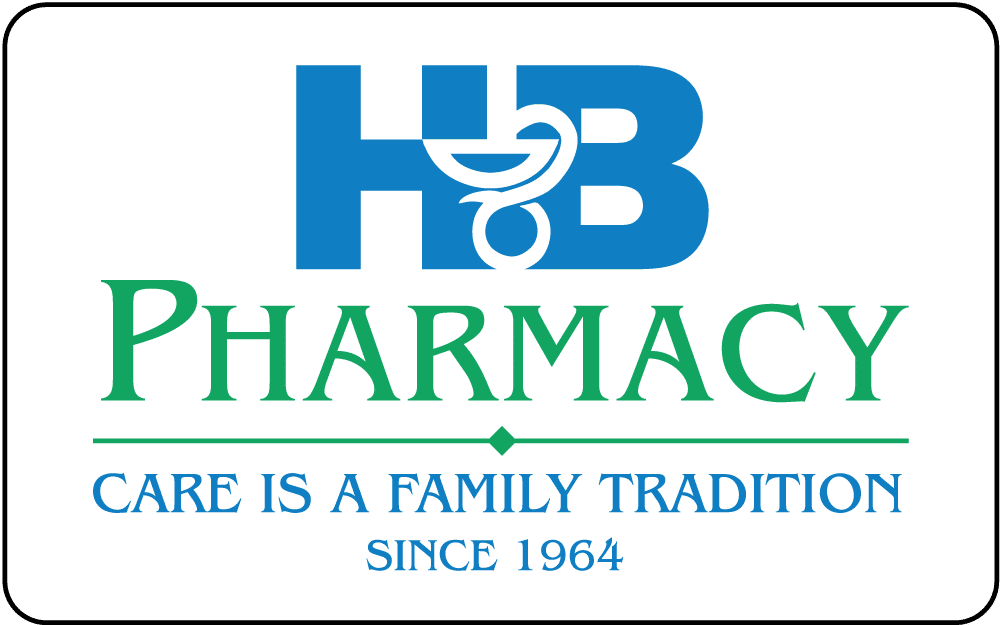High cholesterol is not considered a serious problem in most parts of the world. In fact, according to the CDC, about 94 million people in the United States aged 20 years old or older have borderline high cholesterol. You may not realize you have it until you see your doctor since it can manifest without any apparent symptoms.
If you’re looking for answers, keep reading. Here’s everything you need to know about high cholesterol, including what causes it and how to treat it if you’ve been diagnosed with it. Here is all the information you’ll ever need on high cholesterol.
What is cholesterol?
Cholesterol is a lipoid (oil-like) substance. It’s a greasy, fatty product generated by your body naturally and made by the liver. It’s required for cell membrane construction, certain hormones, and vitamin D synthesis. Cholesterol is insoluble in water, so it can’t move through your circulation on its own. Your liver creates lipoproteins to assist transport cholesterol.
High cholesterol symptoms
High cholesterol is typically a “silent” disease in most cases. It usually does not produce any symptoms and, in many situations, causes no problems. Many people will never know they have high cholesterol levels until it’s too late, such as when they suffer a heart attack or stroke.
Causes of high cholesterol
Excess consumption of high cholesterol-rich, saturated fat-rich, and trans fat-containing meals has been linked to an increased risk of developing high cholesterol. Living a sedentary lifestyle or being overweight can also raise your chance. Inactivity and smoking may also contribute to elevated levels of cholesterol.
Your genes may also influence your risk of developing high cholesterol. Your parents’ genes are passed on to their children. The way your body processes fats and cholesterol is controlled by your genes. If one or both of your parents has high cholesterol, you have a higher chance of acquiring it as well.
How to lower cholesterol
If your cholesterol level is high, your doctor may recommend modifications to help reduce it. They may give examples of dietary changes, exercise routines, or other aspects of your daily routine for you to try. If you smoke, they will almost certainly urge you to quit.
Your doctor may also prescribe medicine or other therapies to assist you lower your cholesterol levels. In some cases, he or she may recommend that you see a specialist.
How to prevent high cholesterol
There’s nothing you can do about your genes predisposing you to have high cholesterol. You may, however, modify your lifestyle.
To lower your risk of developing high cholesterol:
- Eat a nutritious diet that’s low in cholesterol and fats, and high in fiber.
- Avoid excessive alcohol consumption.
- Maintain a moderate weight.
- Exercise regularly.
- Avoid smoking.
High cholesterol, on the other hand, generally has no symptoms. High cholesterol, on the other hand, may cause significant health issues if left untreated. The good news is that your doctor can help you manage this problem and in many cases, can even prevent problems from developing.
For individualized guidance from an expert pharmacist and a 10% discount on your next order, schedule a free consultation now! For more health tips, check out the rest of our glossary. In the meantime, the Gaspar’s Best family wishes you and your family happiness and health.
